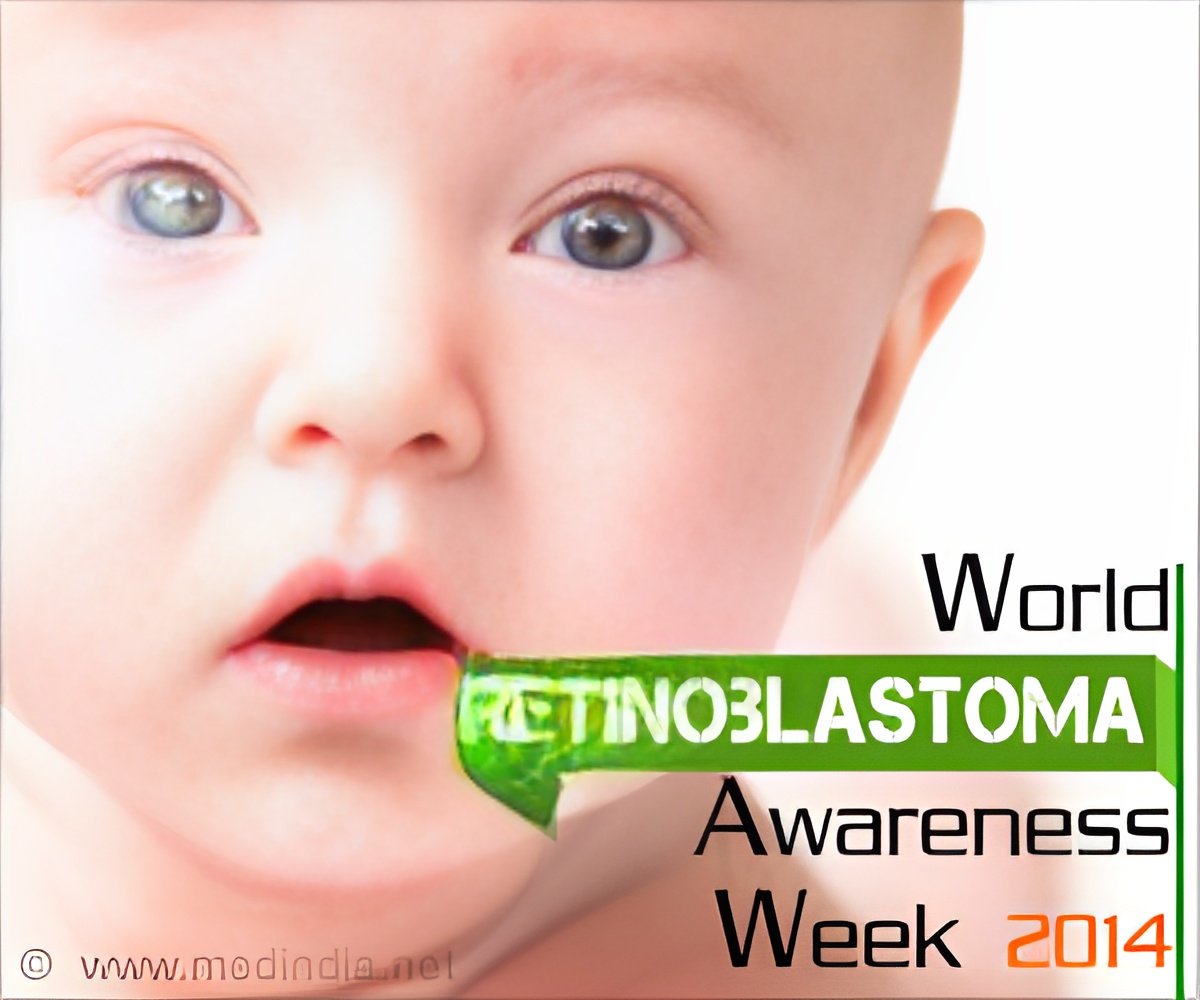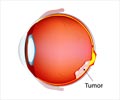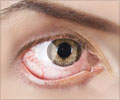The purpose of the World Retinoblastoma Awareness Week is to create awareness about hitherto neglected type of cancer affecting the eyes of children.

About one-third of the children suffering from retinoblastoma have an abnormal gene that causes this cancer. Some children with this type of hereditary retinoblastoma will develop another tumor in the brain or other cancers at some point in their life.
Common but characteristic signs and symptoms of retinoblastoma include:
• A whitish color behind the pupil called leukocoria or ‘cat’s eye reflex’. When the lights are dimmed and torch light is focused directly into the child’s eye, you can see a red reflection (red reflex). This red reflex is absent if the child has retinoblastoma. 60 percent of children with retinoblastoma show this abnormality.
• Crossed eyes (squint), or wandering eyes, or if the eyes are not aligned or if the eyes are not equal in size, may indicate the possibility of retinoblastoma, though these signs are not exclusive to retinoblastoma.
• Reddish pupil that persists, often with pain, is a symptom seen in 10 percent of children affected by retinoblastoma.
 Difference
in pupil size
Difference
in pupil size  Differently
colored irises
Differently
colored irises  Bulging
forward of the eyes
Bulging
forward of the eyes  Abnormal eye
movements
Abnormal eye
movements  Problems
with vision in one eye or both eyes
Problems
with vision in one eye or both eyes  Cataract
Cataract Retinoblastoma is a curable disease if detected early. Unfortunately, awareness of this cancer is low in India. And this may be the reason why out of 5000 new cases of the cancer each year, more than 1500 cases are reported from India itself. Even in India, the incidence of the disease is markedly higher in Chennai than in Delhi, Mumbai, Bangalore, or Pune, according to pediatric oncologist Matthew Wilson.
Retinoblastoma Awareness Week may be the right platform for the eye specialists and other health experts to educate people and medical professionals about this cancer. This might (and already has) lead to early diagnosis and therefore better outcome.
In view of this, the Center for Sight Eye Hospital (CFS), Hyderabad, has organized awareness programs during the week. ‘To save the child's life and prevent the cancer from spreading to other parts of the body, the eye may have to be removed in advanced cases. It is possible then, to fit a life-like artificial eye on the child to ensure normal appearance,’ said Dr. Santosh G. Honavar, Director - Medical Services and Head – Ocular Oncology & Oculoplasty, CFS Hyderabad.
L V Prasad Eye Institute (LVPEI), Hyderabad, is organizing a series of activities as part of the 7th World Retinoblastoma Awareness Week. The experts will be interacting with people at a public forum. They have also organized an educational program for health care workers to identify the cancer early.
Cankids, an NGO in Delhi, is launching a nationwide awareness program as part of the World Retinoblastoma Awareness Week. ‘The awareness campaign, to be launched under the Sajeev Cankids Retinoblastoma project, is focused on the central message of early diagnosis and identifying the white eye reflex,’ said Cankids chairperson Poonam Bagai.
Sankara Nethralaya treats 80 to 100 new cases every year. ‘Hitherto, the only treatment available was removal of the eye, but now with newer technologies, the eye salvage rate has increased tremendously. The department has all such facilities required for eye salvage including Transpupillary Thermo Therapy, cryo therapy, laser photocoagulation, brachytherapy, local radiotherapy and systemic and local chemotherapy,’ states the hospital.
Other eye institutes all over the country and in the world too are organizing awareness programs on retinoblastoma.
Majority of children treated for retinoblastoma survive and go on to lead normal lives and most of them will even have a normal vision of 20/20.
World retinoblastoma awareness week is the right time to become aware or create awareness about this cancer.
Let’s make a conscious effort to save the child’s eye and preserve their vision!
References:
1. http://www.djo.harvard.edu/site.php?url=/patients/pi/436
2. Retinoblastoma - By Matthew W. Wilson
Source-Medindia









